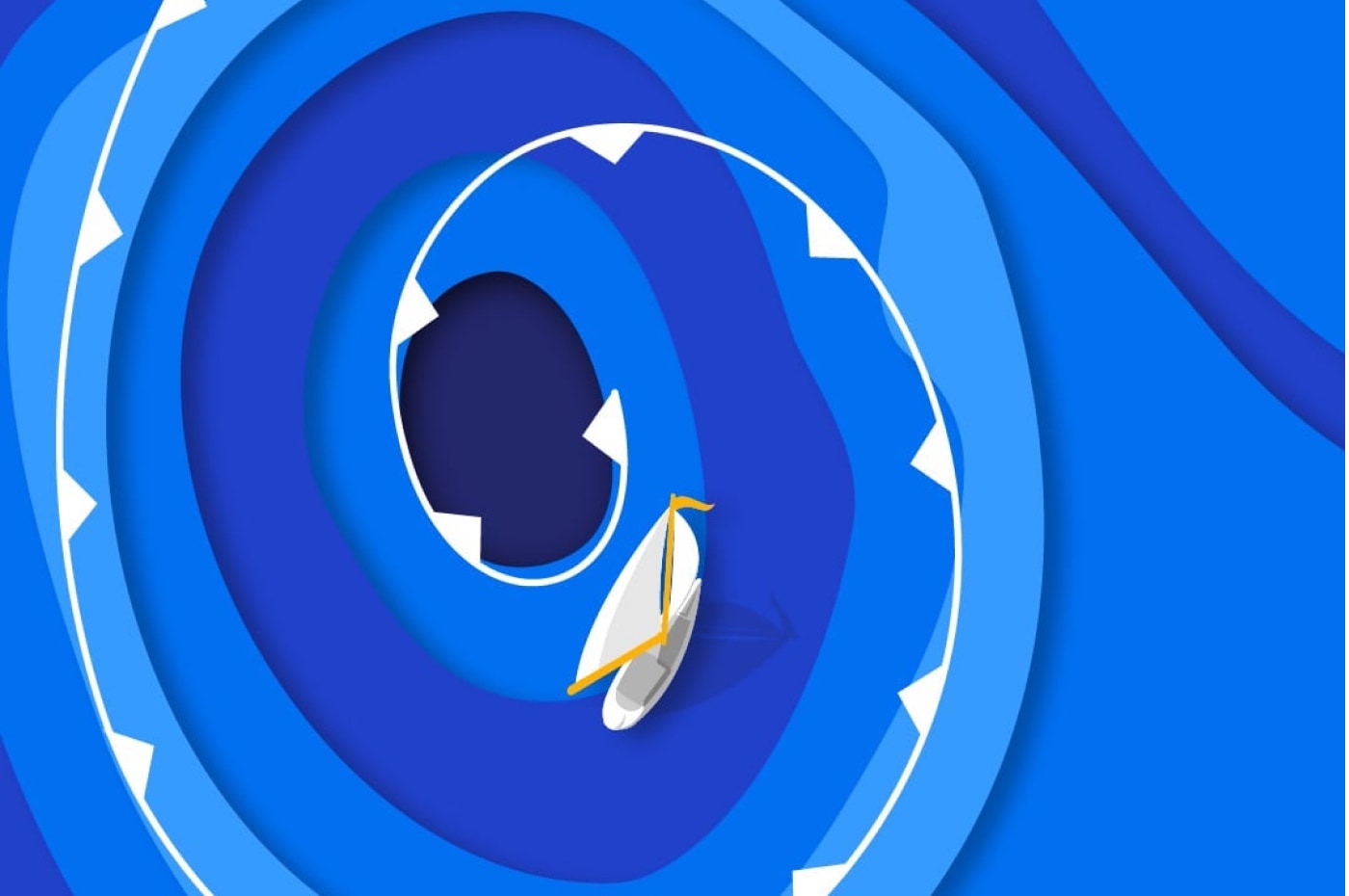NewslettersAugust 4th, 2020
PG#63: Building Australia’s Mental Health Literacy


Over the past eight weeks, I have been working with Beyond Blue to understand people’s diverse experiences of mental health and wellbeing. I have had the privilege of hearing stories from ordinary people all across our communities. As a result, I have a deeper appreciation for what many people endure, not just because of their personal situations, but because it is so difficult to access mental health care in Australia. I have strong feelings of guilt for not having had this level of understanding earlier.
Equally, I’m frustrated that the task of changing the way our society approaches mental health has fallen solely to people with mental health challenges, and the people and organisations (like Beyond Blue) who support them.
I believe that mental health and wellbeing is a subject we should all be actively engaged in.
This could start with each of us educating ourselves. We could do a better job of understanding what it means to have anxiety, depression, bipolar disorder, or other conditions, and what it means to have mental health challenges that do not come with a neat label. We could do a better job of identifying when someone may need our support and not just leave it to clinicians and medical professionals. We could learn about ourselves – each of us has personal indicators that tell us when our mental health is taking a dip. It is worth learning what our indicators are, and having strategies already in place for when they show up.
We have a responsibility to our friends, families, colleagues and communities to build our mental health literacy. We have a responsibility to ourselves.
Beyond Blue’s Coronavirus Mental Wellbeing Support Service has been set up for anyone dealing with pandemic anxiety, lockdown isolation, financial worries, added stress on relationships, and so on.
They have web resources, an online chat service and a dedicated counselling phone line, all separate from the regular Beyond Blue support service, so please don’t feel like your problems aren’t big enough or you’d be ‘wasting’ their resources – that’s what it’s there for.

